|
It was a week like few others for Canada as the country mourned the death of 57 of its citizens killed by being caught in the middle of growing hostilities between Iran and the United States. And if that wasn't enough, Vladimir Putin made a move to become Russia's leader for life, while infighting broke out between Democrats vying to defeat Donald Trump. It's a cold weekend everywhere in Canada, so stay inside, keep warm and read these great examples of explanatory journalism from The Conversation.
Have a great weekend and we'll be back in your Inbox on Monday.
|
Weekend Reads
|
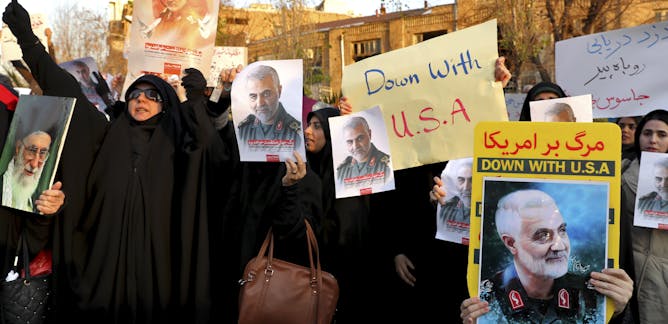
Arne Kislenko, Ryerson University
The history of the Iran-United States relationship is complex and often brutal. Understanding it helps put today's turmoil into sharper focus.
| |
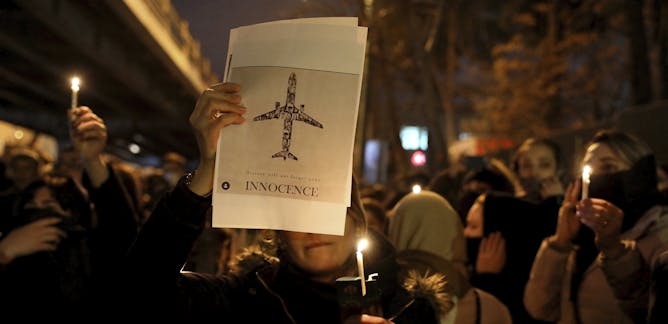
Michael J. Armstrong, Brock University
The downing of Flight PS752 suggests Iran’s missile technology has grown increasingly sophisticated. But its ability to responsibly control that technology has not.
|
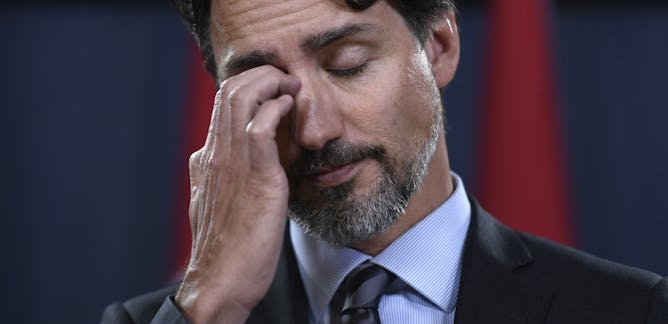
Jeremy Wildeman, University of Bath
The downing of Flight PS752 isn't just the result of Canada being caught in U.S.-Iran crossfire. It's also the result of an unnecessarily aggressive posture of Canada's own against Iran in 2012.
| |
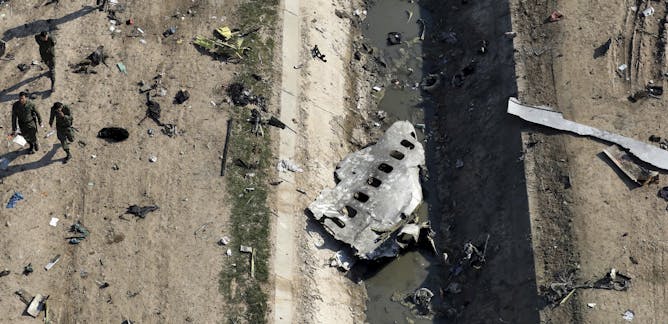
Aurel Braun, University of Toronto
Flight PS752 is more than just a terrible tragedy. It's also revealed the potential future costs of Iran's irresponsibility.
|
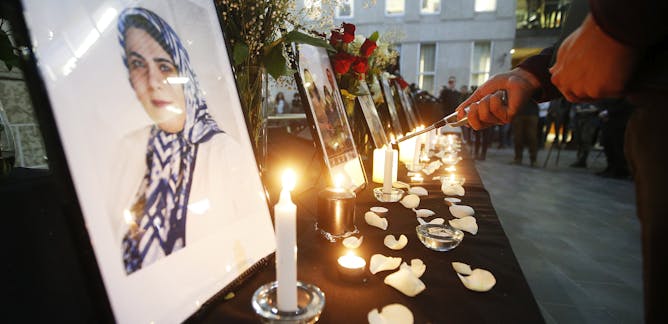
Angela Failler, University of Winnipeg
When Canada's worst airline tragedy happened 35 years ago, the country had a different reaction than the national outpouring of grief for those killed when PS752 was shot down in Tehran.
| |
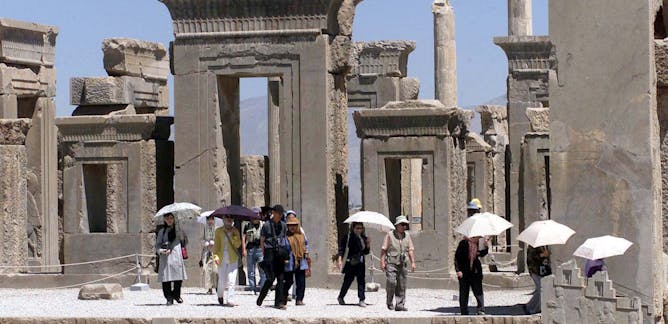
Costanza Musu, L’Université d’Ottawa/University of Ottawa
When the loss of this heritage is used as a weapon of war, it represents a loss for the country affected as well as for humanity. It targets the memories, history and identity of a people.
|
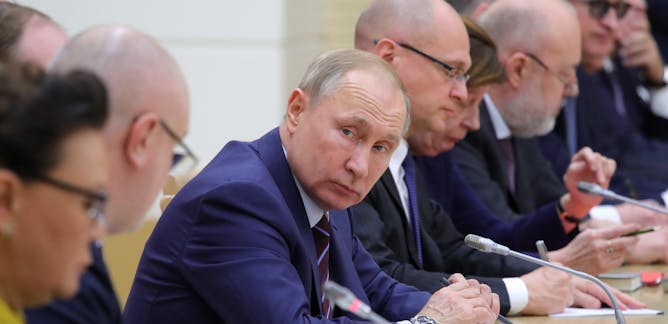
Richard Sakwa, University of Kent
The seven ways Vladimir Putin wants to change Russia's constitution.
| |
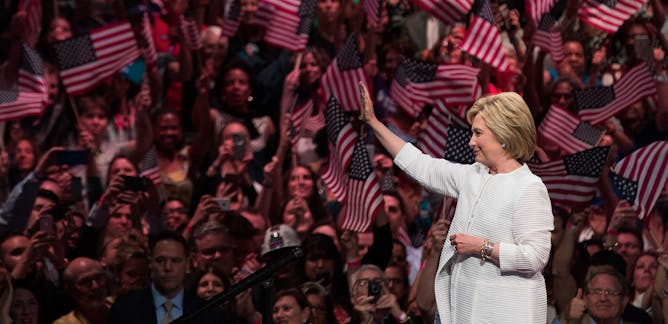
Nathaniel Swigger, The Ohio State University
Predictions about how a woman presidential candidate might fare in 2020 are largely speculation, writes a political scientist, because there isn't enough experience to base those predictions on.
|
|
|